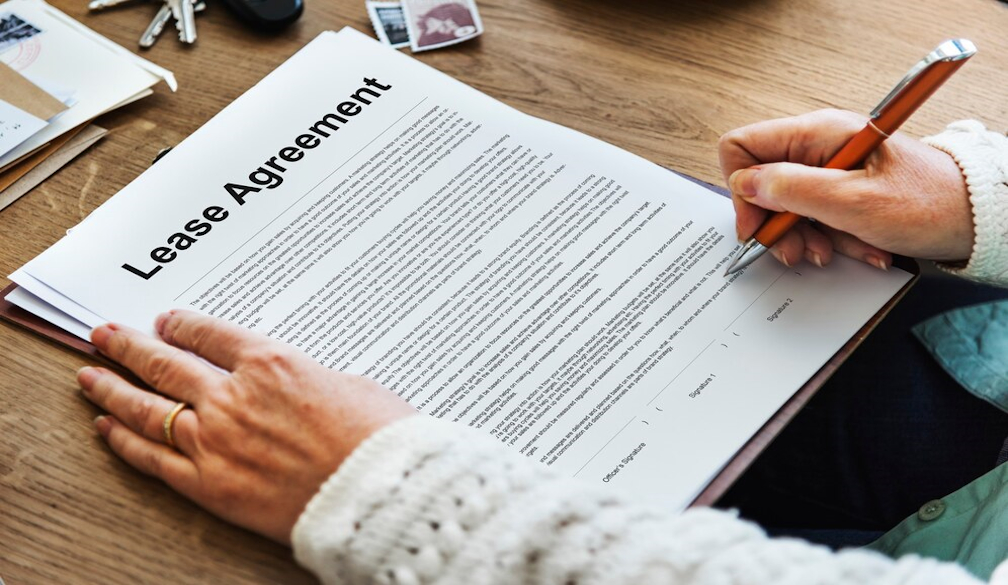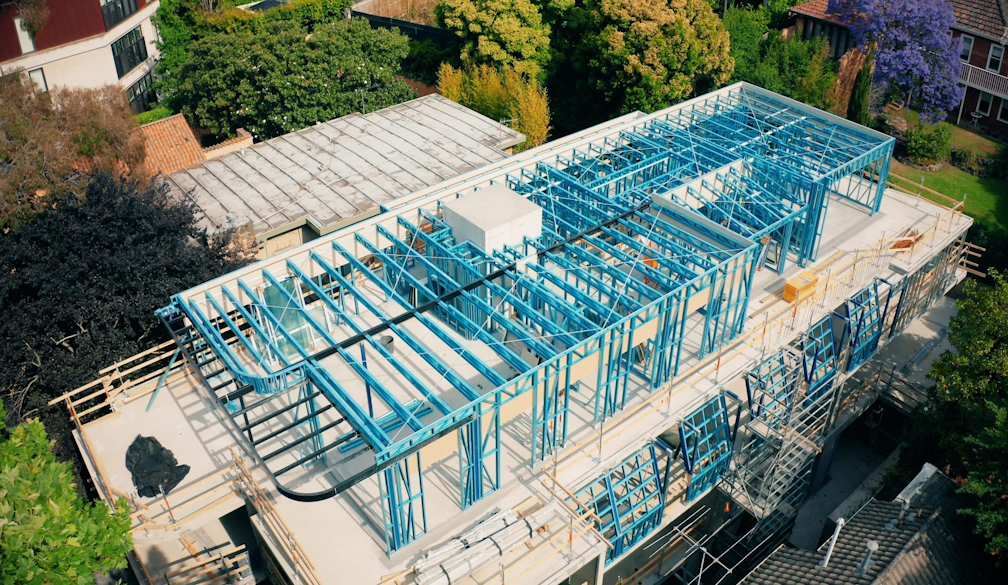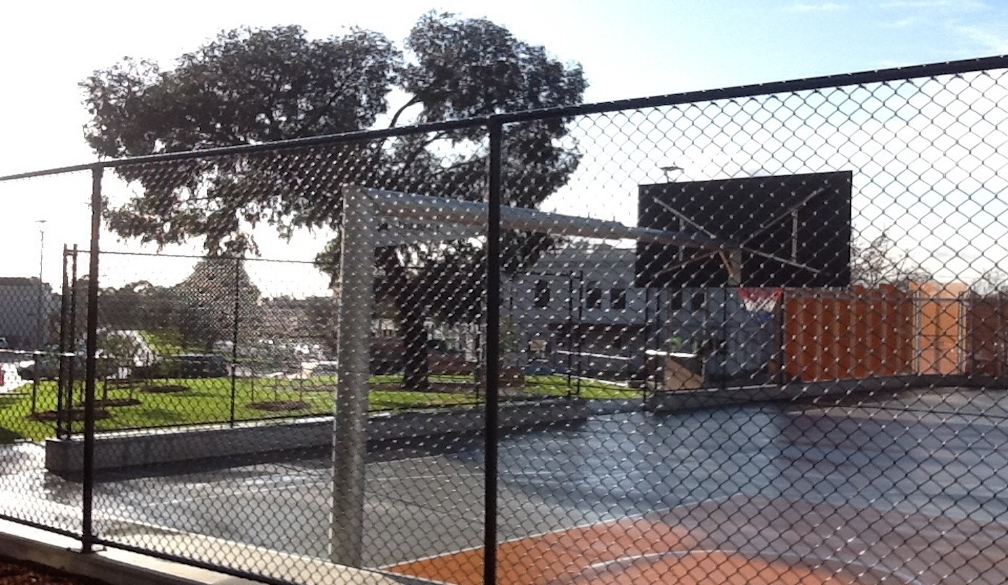What You Need to Know Before Entering a Commercial Lease
- Written by The Southern Cross

Entering into a commercial lease is a significant step for any business, whether it’s a start-up or an established entity looking to expand. A commercial lease binds you into a legal agreement with the landlord, and the last thing you want is to find yourself in the middle of commercial lease disputes due to a lack of understanding or preparation. This article will guide you through the crucial aspects you need to consider before signing on to a commercial lease.
Understand the Lease Terms
Commercial leases can vary significantly in length, terms and conditions. Pay close attention to the duration of the lease, the renewal options and any clauses that may affect your business operations. Be clear about the rent amount, payment schedule and any potential increases over time. A well-drafted lease should also outline maintenance responsibilities and who is liable for repairs. Ignoring these details can lead to commercial lease disputes down the track.
Know Your Rights & Obligations
Before you commit, it's essential to know your rights and obligations under the lease. Familiarise yourself with local property laws and regulations, as these can influence various aspects of your lease. For instance, some regions have specific rules regarding tenant improvements and alterations. Ensure that you’re aware of any restrictions and that the lease clearly states what you can and cannot do with the leased space. This knowledge can help you avoid commercial lease disputes by ensuring both parties are on the same page.
Negotiate Lease Clauses
Don’t be afraid to negotiate the terms of your lease. Many business owners make the mistake of accepting the initial offer without question. Key areas to negotiate include rent-free periods, break clauses and repair obligations. For example, negotiating a break clause can provide you with an exit strategy if your business circumstances change. A transparent and fair negotiation process can prevent commercial lease disputes by addressing potential issues upfront.
Evaluate the Location
The location of your commercial space is paramount to your business success. Conduct a thorough evaluation of the area, considering factors such as foot traffic, accessibility and proximity to other businesses. Investigate the local market to ensure that the rent aligns with the area’s standard rates. Understanding the location's dynamics can help you make an informed decision and minimise the risk of future commercial lease disputes stemming from unforeseen location-related issues.
Seek Professional Advice
Engaging with professionals such as solicitors, real estate agents and financial advisors can be invaluable. A solicitor can review the lease terms to ensure they’re fair and legal, while a real estate agent can provide insights into the local property market. Financial advisors can help you understand the financial implications of the lease. Professional advice can serve as a safeguard, helping to ensure that your interests are protected.









